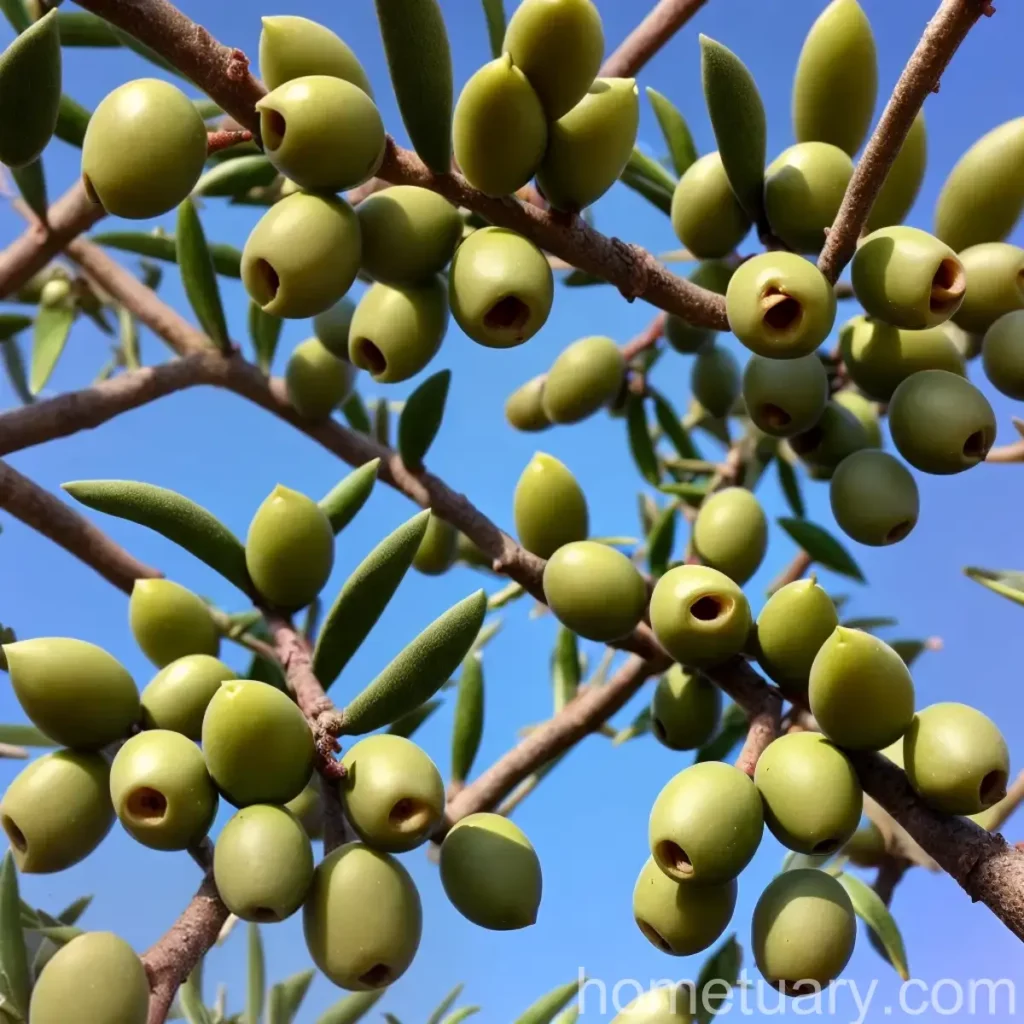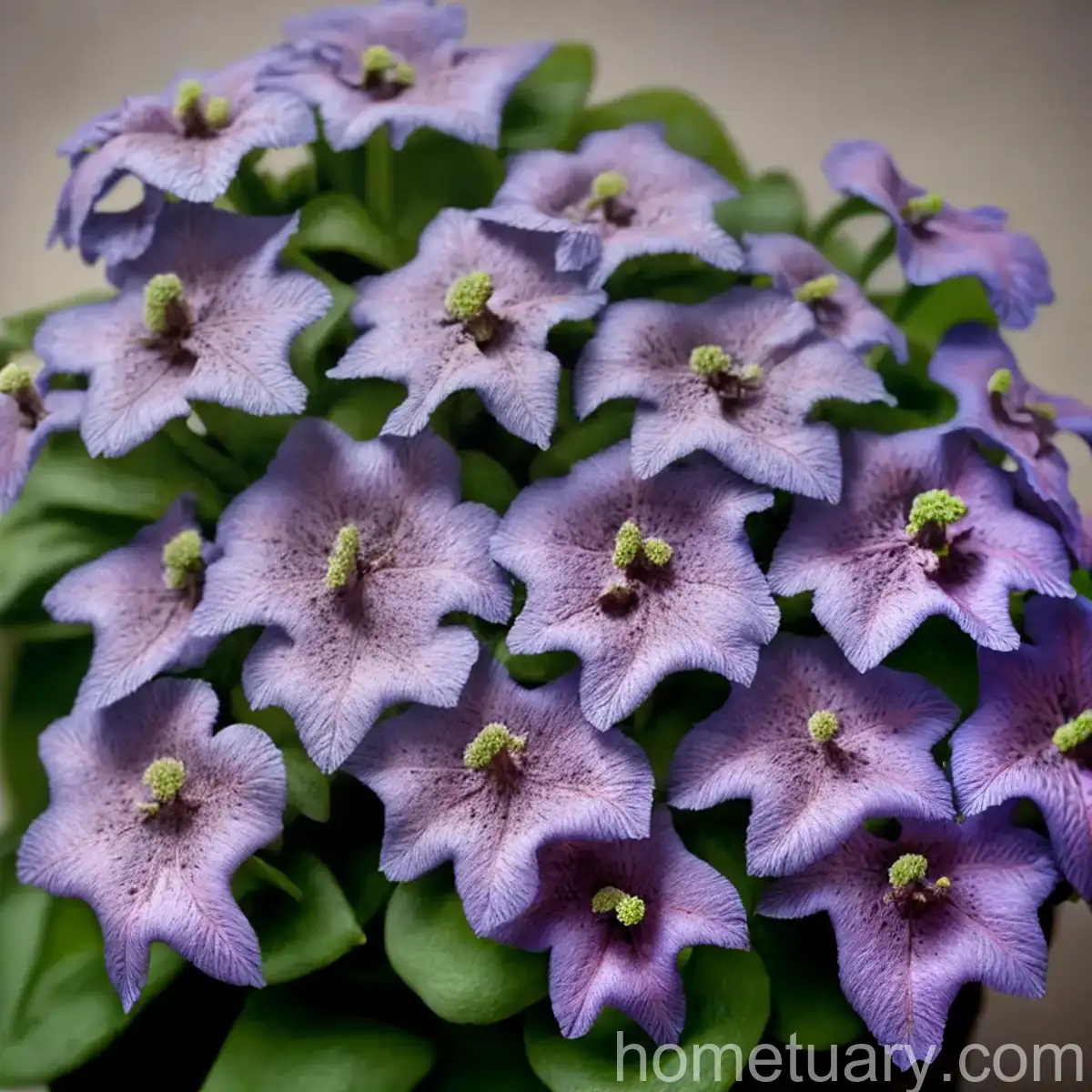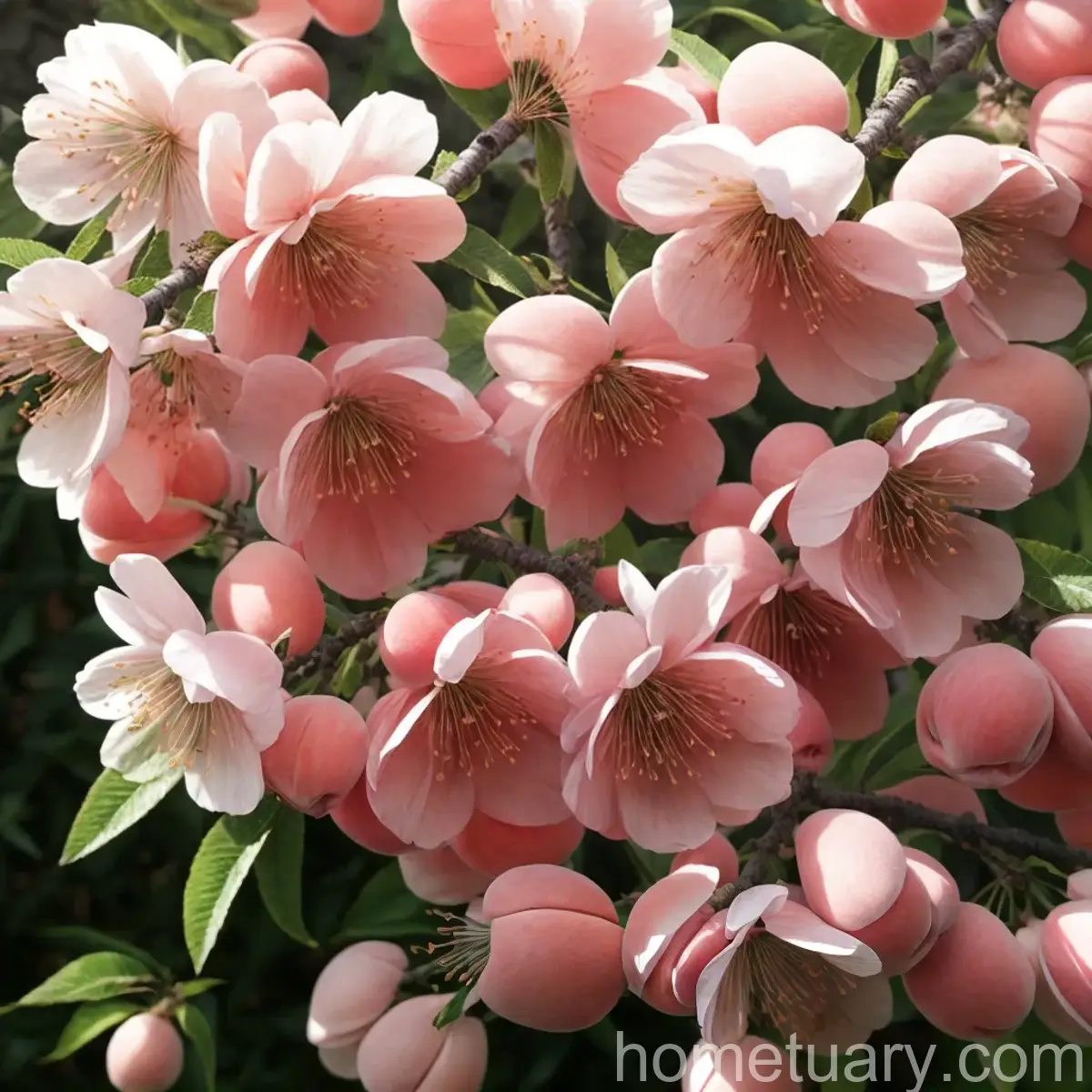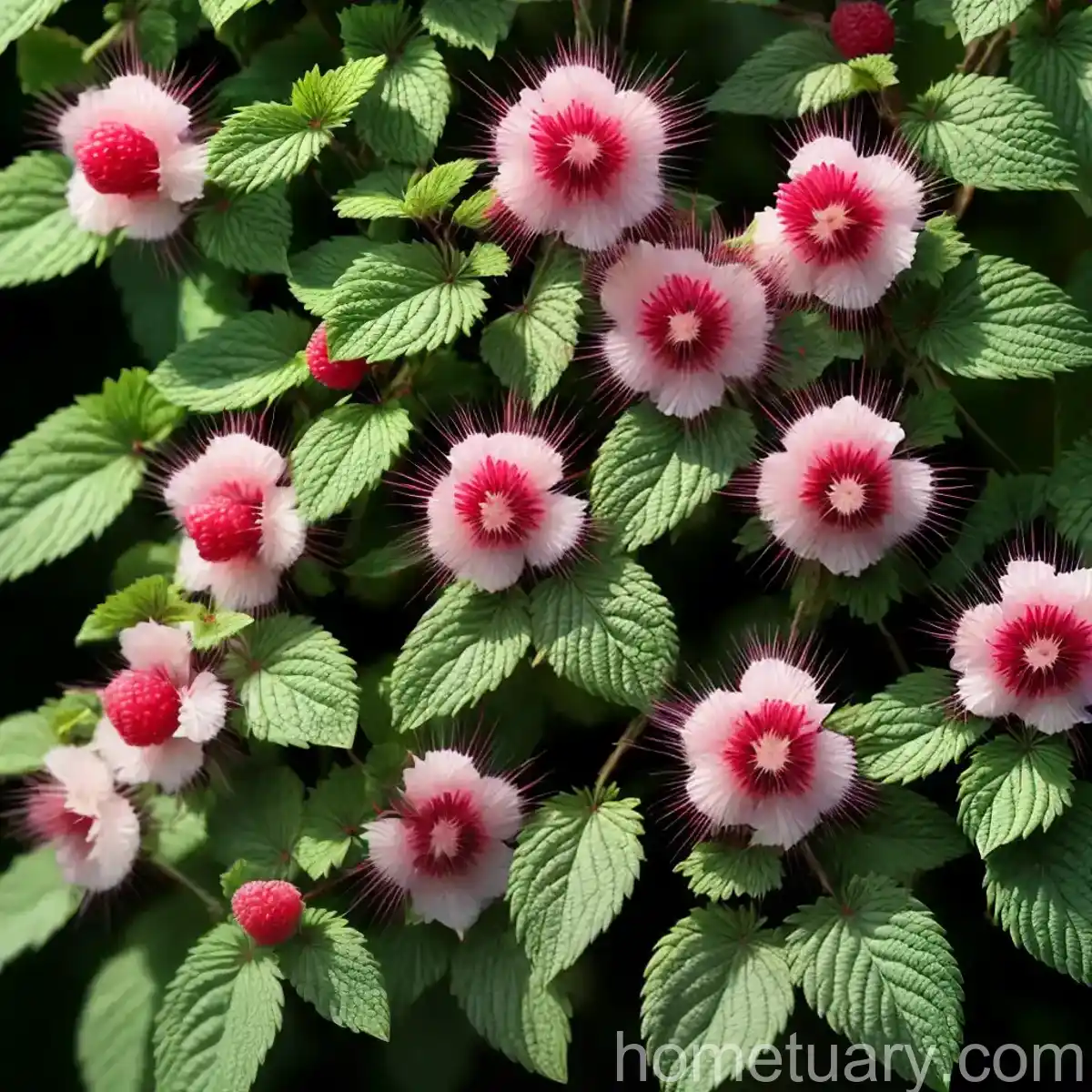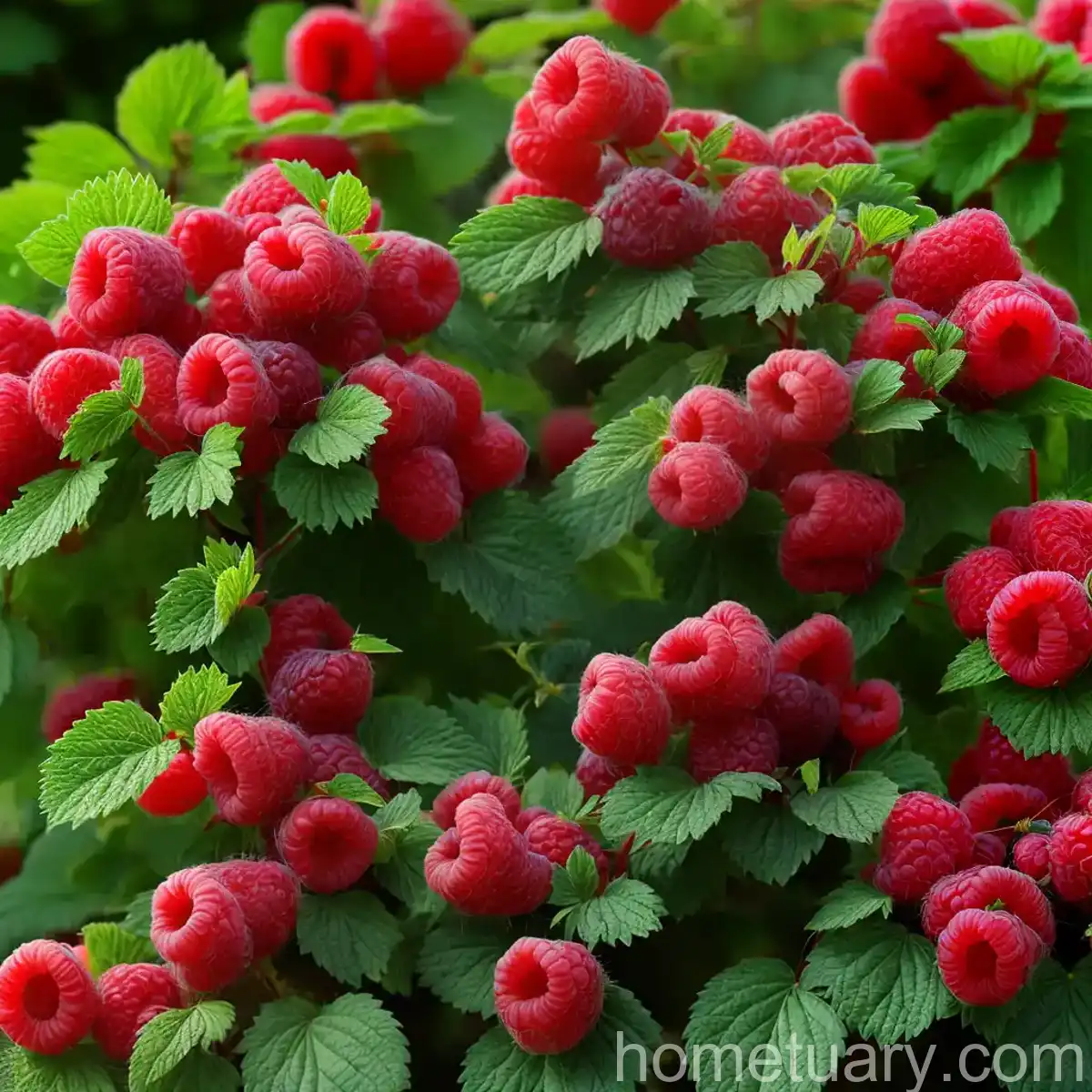Plant Name: Thorny Olive (Elaeagnus pungens)
Introduction
Elaeagnus pungens, commonly known as thorny olive, is a versatile and resilient evergreen shrub that is valued for its ornamental features, adaptability, and practical uses in landscaping. This hardy plant belongs to the Elaeagnaceae family and is native to Asia. Thorny olive has gained popularity as a landscape plant due to its ability to thrive in various environmental conditions and its low-maintenance nature.
In this comprehensive guide, we will explore the cultivation, care, and uses of Elaeagnus pungens, providing valuable insights for both gardening enthusiasts and professional landscapers.
Key Takeaways – Thorny Olive (Elaeagnus pungens)
- Versatile and resilient evergreen shrub
- Valued for ornamental features and adaptability
- Native to Asia
- Gains popularity in landscaping due to low-maintenance nature
- Belongs to the Elaeagnaceae family
Culture
Uses
Thorny olive offers a wide range of practical uses and benefits, making it a highly sought-after plant for landscaping and gardening purposes. Some of its uses include:
– Ornamental shrub for gardens, parks, and urban landscapes
– Hedge or privacy screen due to dense foliage and thorny branches
– Erosion control in sloped or disturbed areas
– Wildlife habitat and food source, attracting birds and pollinators
Water
Elaeagnus pungens demonstrates good drought tolerance once established, making it suitable for xeriscaping and water-wise landscapes. However, regular watering, especially during the initial establishment period, is essential for promoting healthy growth and foliage development.
Sunlight
Thorny olive thrives in full sun to partial shade. It can adapt to a variety of light conditions, making it a versatile choice for different landscape settings.
Fertilizer
When it comes to fertilization, thorny olive generally responds well to a balanced, slow-release fertilizer applied in early spring. This helps support healthy growth and foliage coloration.
Soil
The plant prefers well-draining soil and is adaptable to various soil types, including sandy, loamy, or clay soils. Maintaining slightly acidic to slightly alkaline soil pH levels is beneficial for optimum growth.
Pruning
Pruning Techniques
Proper pruning is essential to maintain the shape, size, and overall health of Elaeagnus pungens. Here are some pruning techniques:
– Remove dead or damaged branches to improve overall appearance
– Trim back overgrown areas to encourage a more compact growth habit
– Prune after flowering to shape the shrub and promote dense foliage
Propagation
Thorny olive can be propagated through semi-hardwood cuttings or seeds. Propagation through cuttings is more common and yields quicker results.
Container
Elaeagnus pungens is suitable for container gardening, offering a versatile option for urban landscapes, patios, and small gardens. When grown in containers, proper soil mix and drainage are crucial to ensure the plant’s well-being.
Popularity
Container
The versatility of Elaeagnus pungens as a container plant has contributed to its growing popularity in urban gardening and small-space landscapes. Its adaptability to confined spaces without compromising its aesthetic appeal makes it a favored choice for container gardening enthusiasts.
Common Diseases
Disease Diagnosis
Thorny olive is generally resistant to most common pests and diseases. However, it may occasionally face issues such as leaf spot diseases or powdery mildew. Proactive measures such as proper air circulation and avoiding overhead watering can help prevent these issues.
Common Pests
Elaeagnus pungens is relatively pest-resistant but may occasionally face attacks from scale insects or aphids. Regular inspection and early intervention can effectively manage pest populations.
Botanist’s Tips
Elaeagnus pungens Characteristics
- Evergreen foliage with a silvery sheen
- Fragrant flowers with a sweet, honey-like scent
- Tolerance to a wide range of environmental conditions
- Thorny branches providing natural security barriers
Prickly Shrubs for Landscaping
Thorny olive’s dense foliage and thorny branches make it an excellent choice for creating natural barriers, deterring unauthorized access, and enhancing security in landscapes.
Natural Privacy Screen
The dense growth habit and thorny nature of Elaeagnus pungens make it an ideal option for creating natural privacy screens, shielding outdoor spaces from neighboring views and environmental elements.
Fun Facts
- The silvery foliage of Elaeagnus pungens offers a stunning visual contrast in landscape designs, especially when paired with darker green plants.
- Thorny olive’s fragrant flowers not only attract pollinators but also add a delightful aroma to garden spaces.
- Despite its thorny nature, thorny olive is sought after for its ornamental appeal and practical uses in landscaping.
The cultivation and care of Elaeagnus pungens provide gardening enthusiasts and landscapers with a valuable addition to their plant palette, contributing to diverse and sustainable outdoor environments.
Links to External Resources
- Elaeagnus pungens: A Versatile Evergreen for Landscaping
- Thorny Olive Cultivation Tips and Techniques
- Ornamental Shrubs and Their Landscape Uses
In conclusion, Elaeagnus pungens, or thorny olive, stands out as a resilient and versatile plant with a multitude of uses in landscaping and gardening. Its adaptability to various environmental conditions, low-maintenance nature, and ornamental features make it a valuable addition to diverse landscape settings. Whether used as a natural privacy screen, an ornamental shrub, or a container plant, thorny olive offers practical benefits while enhancing the aesthetics of outdoor spaces.
Cultivating and caring for Elaeagnus pungens can contribute to sustainable and aesthetically pleasing landscapes, offering a range of benefits for both the environment and the community. With its ability to thrive in diverse settings and its resistance to common pests and diseases, thorny olive is a reliable and attractive choice for anyone seeking a resilient and visually striking plant for their outdoor spaces.
Through proper cultivation and care, Elaeagnus pungens can continue to enrich landscapes, provide habitat for wildlife, and offer aesthetic and practical benefits for generations to come.

